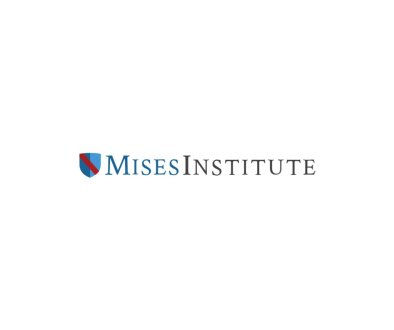Apparent AI Hallucinations in Defense Filing in Coomer v. Lindell / My Pillow Election-Related Libel Suit
[Post was originally posted April 24, 2025, at 8:14 pm.]
From yesterday’s decision by Judge Nina Wang in Coomer v. Lindell (D. Colo.):
As discussed extensively on the record, after confirming with Mr. Kachouroff that he signed the Opposition consistent with his obligations under Rule 11 of the Federal Rules of Civil Procedure, the Court identified nearly thirty defective citations in the Opposition. These defects include but are not limited to misquotes of cited cases; misrepresentations of principles of law associated with cited cases, including discussions of legal principles that simply do not appear within such decisions; misstatements regarding whether case law originated from a binding authority such as the United States Court of Appeals for the Tenth Circuit; misattributions of case law to this District; and most egregiously, citation of cases that do not exist.
Despite having every opportunity to do so, Mr. Kachouroff declined to explain to the Court how the Opposition became replete with such fundamental errors. For example, when confronted with the first misquotation in a parenthetical appearing on page 3 of the Opposition—purportedly drawn from Mata v. City of Farmington, 798 F. Supp. 2d 1215, 1227 (D.N.M. 2011)—Mr. Kachouroff stated to the Court:
Your Honor I may have made a mistake and I may have paraphrased and put quotes by mistake. I wasn’t intending to mislead the Court. I don’t think the quote is far off from what you read to me.
When asked how a case from the United States District Court for the Eastern District of Kentucky became attributable to the United States District Court for the District of Colorado, Mr. Kachouroff indicated that he “had given the cite checking to another person,” later identified as Ms. DeMaster. When asked whether he would be surprised to find out that the citation Perkins v. Fed. Fruit & Produce Co., 945 F.3d 1242, 1251 (10th Cir. 2019) appearing on page 6 of Defendants’ Opposition did not exist as an actual case, Mr. Kachouroff indicated that he would be surprised.
{There is a District of Colorado case of Perkins v. Fed. Fruit & Produce Co., 945 F. Supp. 2d 1225 (D. Colo. 2013), appeal dismissed, No. 13-1250 (10th Cir. July 29, 2013), but such case does not stand for the proposition asserted by Defendants, i.e., that a Court of Appeals affirmed “admitting evidence of prior emotional difficulties to challenge damages claims.”} Time and time again, when Mr. Kachouroff was asked for an explanation of why citations to legal authorities were inaccurate, he declined to offer any explanation, or suggested that it was a “draft pleading.”
Not until this Court asked Mr. Kachouroff directly whether the Opposition was the product of generative artificial intelligence did Mr. Kachouroff admit that he did, in fact, use generative artificial intelligence. After further questioning, Mr. Kachouroff admitted that he failed to cite check the authority in the Opposition after such use before filing it with the Court—despite understanding his obligations under Rule 11 of the Federal Rules of Civil Procedure. Even then, Mr. Kachouroff represented that he p
Article from Reason.com

The Reason Magazine website is a go-to destination for libertarians seeking cogent analysis, investigative reporting, and thought-provoking commentary. Championing the principles of individual freedom, limited government, and free markets, the site offers a diverse range of articles, videos, and podcasts that challenge conventional wisdom and advocate for libertarian solutions. Whether you’re interested in politics, culture, or technology, Reason provides a unique lens that prioritizes liberty and rational discourse. It’s an essential resource for those who value critical thinking and nuanced debate in the pursuit of a freer society.



